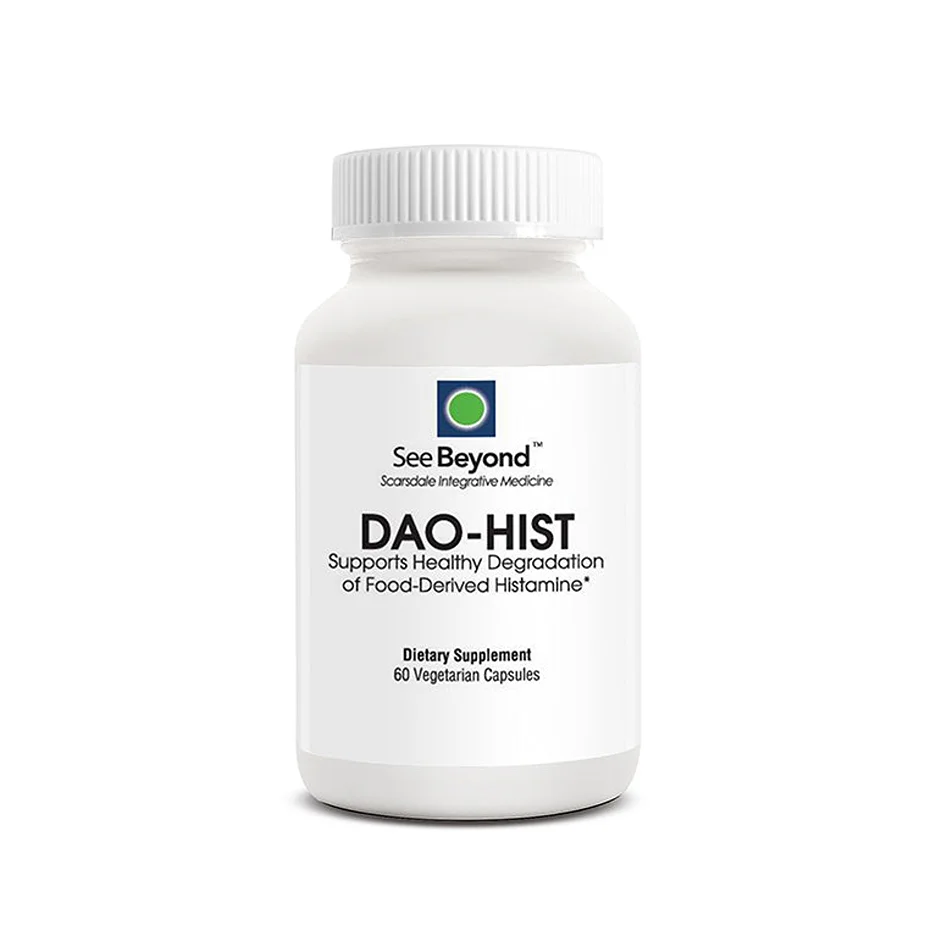Exploring the Impact of Histamine Levels and its Potential Role in Inflammatory Arthritis Management
Rheumatoid arthritis (RA) is an autoimmune disease characterized by chronic inflammation of the joints. If left unchecked, this inflammatory response can lead to long-term joint damage, disability, and reduced quality of life.
RA affects approximately 18 million people worldwide, with symptoms typically appearing between the ages of 40-60 years. Women are three times more likely than men to develop RA.
The inflammatory process commonly strikes the smaller joints in the hands and feet first, then escalates to larger joints like shoulders, knees, neck, and back. This triggers an abnormal immune response where joint tissues are attacked, causing long-term damage from immune cells and chemicals that flow into joints over time.
Histamine: More Than Just an Allergy Culprit
Histamine is commonly renowned as the transmitter actuated by allergens that causes the symptoms of an allergic response such as a runny nose, sneezing, and itching. However, histamine has many other significant functions throughout the body apart from just mediating allergic reactions.
As an inflammatory mediator, histamine is released by basophils and mast cells in response to injury or infection. It works to dilate blood vessels and contract smooth muscles as part of the body’s initial immune defense system. However, excess histamine production and inadequate histamine breakdown can lead to additional symptoms of histamine intolerance such as headaches, digestive issues, flushing, and fatigue.
Effects of Persistent Inflammation
Over the long run, this persistent histamine-induced inflammation can contribute to the onset and progression of chronic disorders involving systemic inflammation like rheumatoid arthritis. Therefore, maintaining optimal histamine levels is essential for taming overactive immune responses and inflammation.
Diamine Oxidase (DAO) Enzyme: A Histamine Regulator
DAO is a key digestive enzyme produced mainly in the small intestine villi that helps regulate histamine levels in the body. As foods high in biogenic amines like histamine are consumed, DAO works inside the digestive tract to break down histamine before it can be absorbed into circulation.
Biogenic amines like histamine are naturally occurring in certain foods and play a role in regulating appetite and body weight. However, excess levels can lead to reactions when DAO activity is insufficient. Low DAO enzyme levels impair the body’s ability to properly digest and metabolize amines from protein-rich foods. This allows histamine and other amines to be absorbed intact into the bloodstream, where they can exert physiological effects.
Rheumatoid Arthritis and Histamine
Higher levels of histamine correlate with increased joint swelling, pain, and stiffness commonly measured in disease activity scores. Studies found RA patients often had higher plasma histamine compared to controls, with levels further escalated during periods of disease flare-ups.
Synovial fluid and tissues in the joints are major sites impacted by histamine during RA. Histamine stimulates synovial cells in the joint lining to discharge pro-inflammatory cytokines, perpetuating inflammation. It also boosts vascular permeability, causing more fluid accumulation and swelling within arthritic joints.
Collagen-Induced Arthritis Model
Animal models injecting RA antibodies to provoke collagen-induced arthritis (CIA) revealed dependency on histamine signaling. CIA severity was attenuated in histamine-deficient mice or those treated with histamine receptor antagonists, pointing to histamine’s orchestrating role in the pathogenesis of autoimmune arthritic diseases.
By sustaining immune cell recruitment and activation inside inflamed joints, histamine stimulates release of proteolytic enzymes that degrade cartilage and bone tissues over time. This promoted joint erosion and structural damage in RA models. Studies found histamine receptor inhibition could lessen bone erosion in arthritic joints.
Immune Response and Its Role in RA
Rheumatoid arthritis occurs as a result of an abnormal immune response where the human body’s defense system mistakenly attacks its own joint tissues. This self-directed immune reaction propagates chronic inflammation in the joints.
Certain immune cells like macrophages, T cells and B cells are major drivers of inflammation in RA. They release inflammatory cytokines that stimulate synovial tissue macrophages to discharge more inflammatory and joint-degrading enzymes. This sustains an inflammatory cascade in the joints over time.
Dietary Interventions and RA

Foods like aged cheese and those contaminated with bacterial overgrowth can generate excess histamine in the gut. Fermented processes used to make aged cheese allow bacteria to break down protein and produce higher amounts of preformed histamine not normally present in fresh cheeses. Bacterial overgrowth also causes increased conversion of histidine to histamine in the digestive tract.
Benefits of a Histamine-Reduced Diet
Adopting a low-histamine diet can help address intolerance symptoms for those with low DAO. It limits the histamine load, reducing systemic levels and inflammation. Studies found a histamine-reduced diet alleviated headache, skin issues and joint/muscle pain in histamine-intolerant patients.
Impact of Nutritional Deficiencies
Vitamin C and D deficiencies are common in RA patients and linked to increased disease severity due to their role in modulating inflammation. Low levels further impair DAO activity and histamine breakdown, exacerbating intolerance symptoms. Addressing nutritional gaps may help optimize DAO function and lower histamine levels.
The Broad Impact of Histamine on Health
1. Brain Health and Mental Wellbeing
As a neurotransmitter, high levels of histamine circulating in the brain have been linked to depression, anxiety and diminished cognitive function. Studies found better histamine metabolism could relieve stress, lift mood and sharpen memory and concentration.
2. Heart Health
Elevated histamine promotes atherosclerosis by increasing vascular inflammation and oxidative stress – risk factors for cardiovascular disease. Reducing histamine through dietary or supplemental means could help protect heart health.
3. Skin and Liver Health
The liver metabolizes drugs and toxins and aids detoxification, while the skin acts as a protective barrier. Both are susceptible targets for histamine-mediated inflammation, often causing rashes, urticaria and digestive issues.
4. Gastrointestinal Health
Common symptoms like acid reflux are commonly triggered by low DAO levels allowing histamine buildup in the gut. Improving DAO and lowering histamine intake may help resolve gastrointestinal discomfort and heal the gut lining.
The broad actions of histamine in multiple body systems demonstrate why optimal regulation is so important for overall wellness and chronic disease prevention.
Clinical Practice Insights
Recognizing excess histamine as a modifiable environmental factor in RA provides opportunities to refine treatment approaches. Targeting determinants of elevated histamine like nutrition, diet, and DAO levels can be integrated into management plans.
Disease activity is correlated with histamine levels. The Disease Activity Score (DAS), a clinical monitoring tool, shows higher scores associated with increased plasma histamine. Controlling histamine may thus improve DAS and clinical outcomes.
Preliminary research indicates DAO supplementation reduces synovial inflammation and joint symptoms in RA patients. Larger trials are still needed, but addressing low DAO and excess histamine may enhance treatment efficacy and quality of life. Histamine metabolism represents an individual biomarker warranting consideration when optimizing RA therapeutic strategies.
Seek Guidance from the Histamine Experts – See Beyond Shop!

Taking actionable steps to control this important mediator of inflammation may lead to improvements in mental health, digestion, skin appearance and more – in addition to reducing joint tenderness and the physical degeneration of RA over time. All patients deserve the best opportunity for remission and an excellent quality of life.
Try our DAO-HIST supplements — specially formulated to support healthier histamine regulation in rheumatoid arthritis patients and beyond. For any questions, please contact our team or call us at (914) 768-1658!
